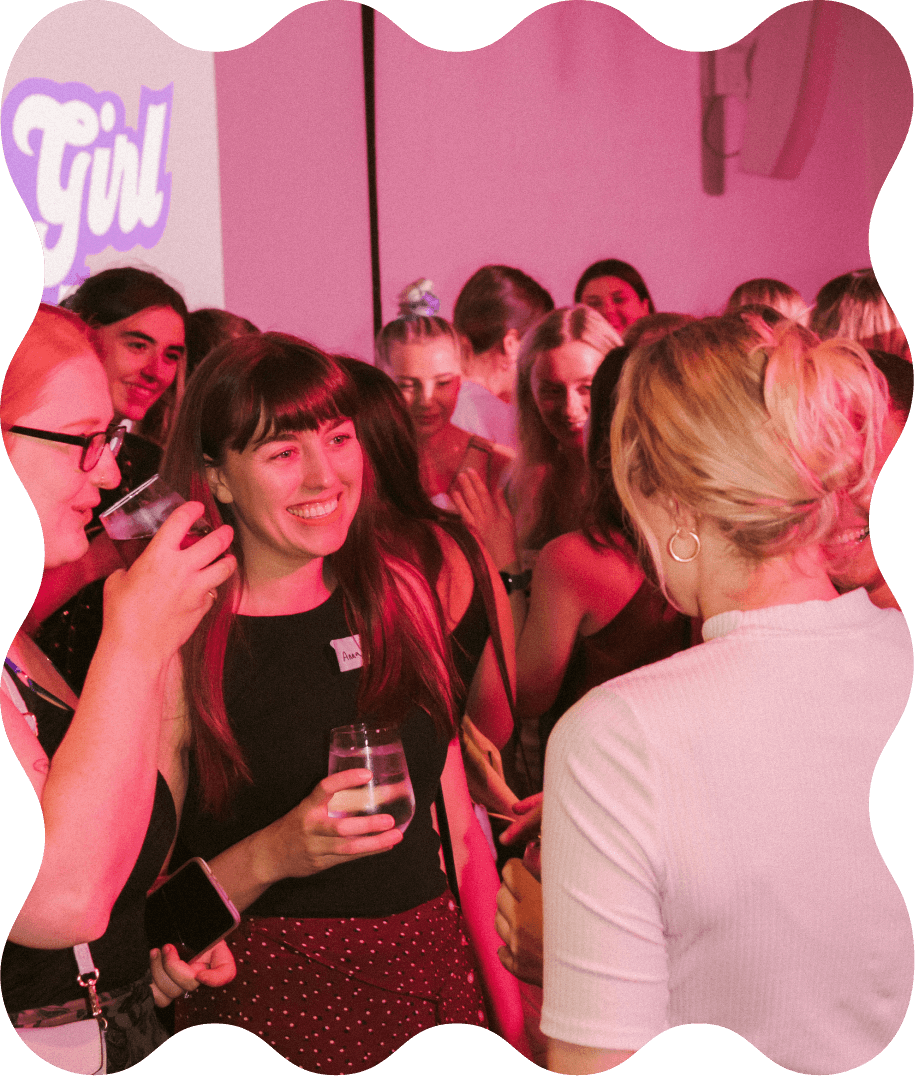Written by Mia Barnes
Mia is a freelance writer and researcher with a passion for women’s health and wellness. Mia is also the Founder and Editor-in-Chief of the healthy living online publication, Body+Mind Magazine.

The journey of sobriety can be a challenging but enriching experience. It can help you become the best version of yourself and free you from the temptation of alcohol dependence. If you’ve relied on alcohol to fill emotional needs, it’s hard to stop romanticising it. Here are five tips that can help.
Knowing what makes you want to drink can help you realise why you romanticise alcohol. Stressors, social situations and being alone are common triggers.
Try writing down each situation that makes you think positively about alcohol. Once you identify your triggers, you can devise other ways to handle them. If you create a pattern of implementing a positive habit instead of drinking during those times, you can start valuing the new item more.
Beating your triggers can be hard, especially since you don’t have to drink to romanticise alcohol. Speaking to a sponsor, counsellor or support group can help you move past them.
One of the best ways to stop romanticising alcohol is to research the ugly health impacts it can cause. The following are just some of the problems alcohol can cause:
Consider looking up pictures or researching case studies of patients negatively impacted by alcohol. Knowing real-life stories can make it easier for the impact to sink in.
Another option is to talk to a trusted health care provider about how alcohol could damage your body. Remembering the health impacts can help you change your thinking.
Alcohol is often tempting in social situations, especially with people unaware or unhelpful about your sobriety journey. Now is your time to lean on your support group, and find other ways to interact with friends and family outside of places with alcohol. Instead of going out for dinner, consider a sober night with pizza and soda. Join a workout, art, or other class to meet new people and discover new passions.
If there’s nothing around that interests you, look at online groups. Many social networking sites allow you to find people with similar interests who you can chat with whenever you start thinking about alcohol.
There’s a reason you are on the journey to sobriety, but your mind might trick you into thinking alcohol will be good for you. You may have relied on it as a coping mechanism, but it damages your mind and body. Remembering what brought you to this point and how far you have come can make it easier to push thoughts of drinking aside.
Just thinking about leaving alcohol behind is an excellent first step to sobriety. You can do this! Remember the goals you’re working towards when your mind ventures into drinking.
It’s often hard not to think of alcohol when stressed or tired. Self-care is an important part of managing your mental and physical health. Making it a priority can help keep you from getting to the point of romanticising alcohol again.
Small steps can change your well-being. Eating good food, taking a bubble bath, getting a manicure, running, getting enough sleep, enjoying a latte, journaling, and other things that nurture your body and mind can keep you feeling your best.
Adding self-care into a routine can ensure you stick to your goals. Making it a part of your morning, afternoon and evening routine helps you improve daily.
When you’ve relied on alcohol, it’s easy to romanticise it. By remembering how far you’ve come and replacing how you cope with triggers, you can reprogram how your mind thinks of alcohol and move forward in your sobriety.
Written by Mia Barnes
Mia is a freelance writer and researcher with a passion for women’s health and wellness. Mia is also the Founder and Editor-in-Chief of the healthy living online publication, Body+Mind Magazine.
All of the fun
None of the Alcohol
All of the babes
All of the fun
None of the Alcohol
All of the babes
All of the fun
None of the Alcohol
All of the babes
All of the fun
None of the Alcohol
All of the babes
All of the fun
None of the Alcohol
All of the babes
All of the fun
None of the Alcohol
All of the babes
All of the fun
None of the Alcohol
All of the babes
All of the fun
None of the Alcohol
All of the babes
All of the fun
None of the Alcohol
All of the babes
All of the fun
None of the Alcohol
All of the babes
All of the fun
None of the Alcohol
All of the babes
All of the fun
None of the Alcohol
All of the babes
All of the fun
None of the Alcohol
All of the babes
All of the fun
None of the Alcohol
All of the babes
All of the fun
None of the Alcohol
All of the babes



Sign up to the Sober Girl Society newsletter

...for events, special offers, and kind notes

Sign up to the Sober Girl Society newsletter


Sign up for latest news, our weekly round-up and an exciting welcome series with exclusive excerpt from The Sober Girl Society Handbook!



